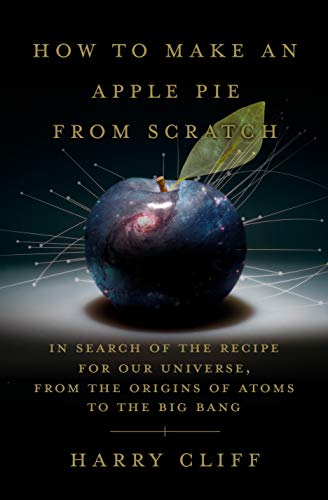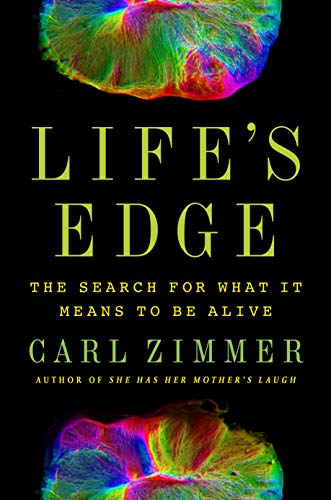I’m sure there is an audience for Timothy Morton’s Spacecraft (2021), one of the OBJECT LESSONS series titles. Unfortunately, I wasn’t it. I’m also thinking that based on the title, a number of people might find themselves in my position, a problem perhaps more of expectations than substance.
The OBJECT LESSONS, which I’ve generally been a big fan of, “start from a specific inspiration … and from there develop original insights and novel lessons about the object in question.” And there lies the expectations problem because from the title,
Read More
















Do it! One of the best things I've read in recent years.
This reminds me. I want to read Addie LaRue.
We’re in total agreement David!
I felt just the same. The prose and character work was excellent. The larger story was unsatisfying, especially compared to…
Hmmm. I think I'll pass.